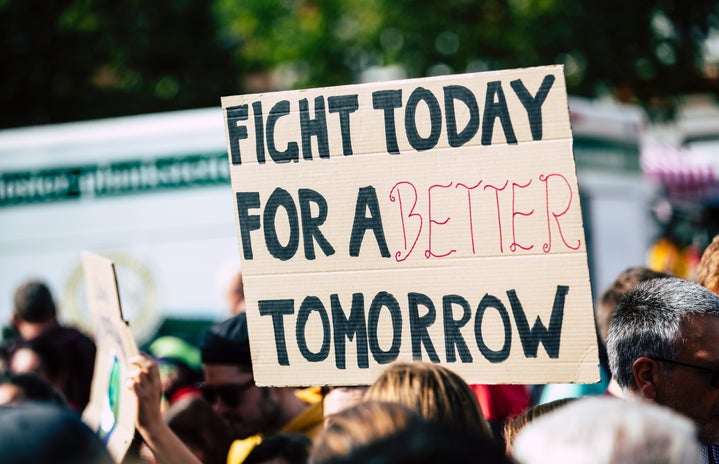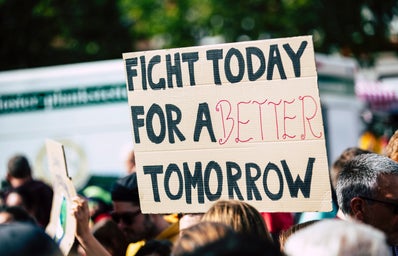A national financial crisis, a plan of adjustment to pay Puerto Rico’s public debt without a proper audit, multiple budget cuts, increased student tuition, reduced in person classes and the risk of losing accreditation: these are some of the reasons why students from several campuses of the University of Puerto Rico are on strike.
Despite the urge to stand against these actions that pose a threat to the island’s public university system, the multicampus strike doesn’t come without a cost. The financial concerns, the lack of social support and the uncertainty regarding the outcomes of the strike undoubtedly lead to adverse mental health effects on students.
Here are some ways that may help you take care of your mental health while your school is on strike.
- Get involved in strike activity
Although becoming more involved in strike activity could sound contradictory to improving mental health status, research shows that the opposite is true. A study published by the Journal of Industrial Relations found that strikers who were more involved in strike activities, such as visiting the picket line, attending strike-related meetings and raising public awareness, showed lower levels of depression and anxiety compared to non-strikers.
Furthermore, strikers displayed higher levels of general mental health. These findings suggest that higher involvement in strikes may ameliorate the psychological well-being of strikers.
- Talk it Out
Social support is pivotal to maintaining good mental health. If you are struggling to adapt to the effects of the strike, talk about your concerns with a friend or loved one. Verbalizing your emotions could actually help reduce your stress and anxiety. Refrain from bottling your emotions and, instead, share them with someone you trust.
- Take a break from social media
Nowadays, social media serves as a primary source of information for many. However, an excessive use of social media can lead to sleep disturbances and poor mental health outcomes. If the latter sounds familiar to you, consider taking a break from social media platforms.
You could opt to use social media primarily for information seeking, and step away from it as a form of entertainment. If you’re having trouble detaching from your phone, consider using screen time limiting apps.
- Get professional help
Despite the fact that getting advice from friends and family might improve the psychological wellbeing of some, it may not necessarily work for everyone. The psychological impact of a strike could severely affect your mental health and if that’s the case, do not hesitate to get professional help from a therapist or mental health expert.
- Remember that your mental health comes first
No matter what happens, put your mental health first. If this means staying home for a few days, do so. If this implies looking for social support at the frontlines of the protests, put yourself out there. Do not compromise your individual mental health over anything. Keep on doing whatever works best for you.
Whether the strike continues or not, make sure that you take care of your mental health. This may translate into becoming a more engaged striker or simply expressing your feelings about the strike to your friends. If overwhelmed, take time off of social media or get professional help to cope with the psychological impact of strikes. Regardless of the outcomes, prioritize your mental health. Everything else can wait.


